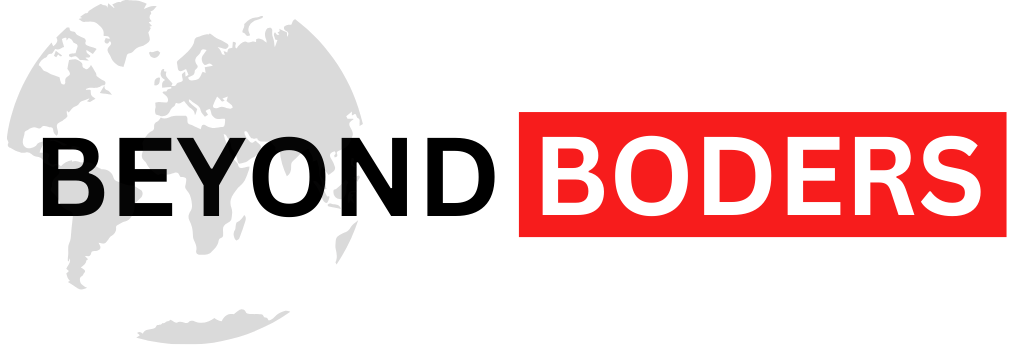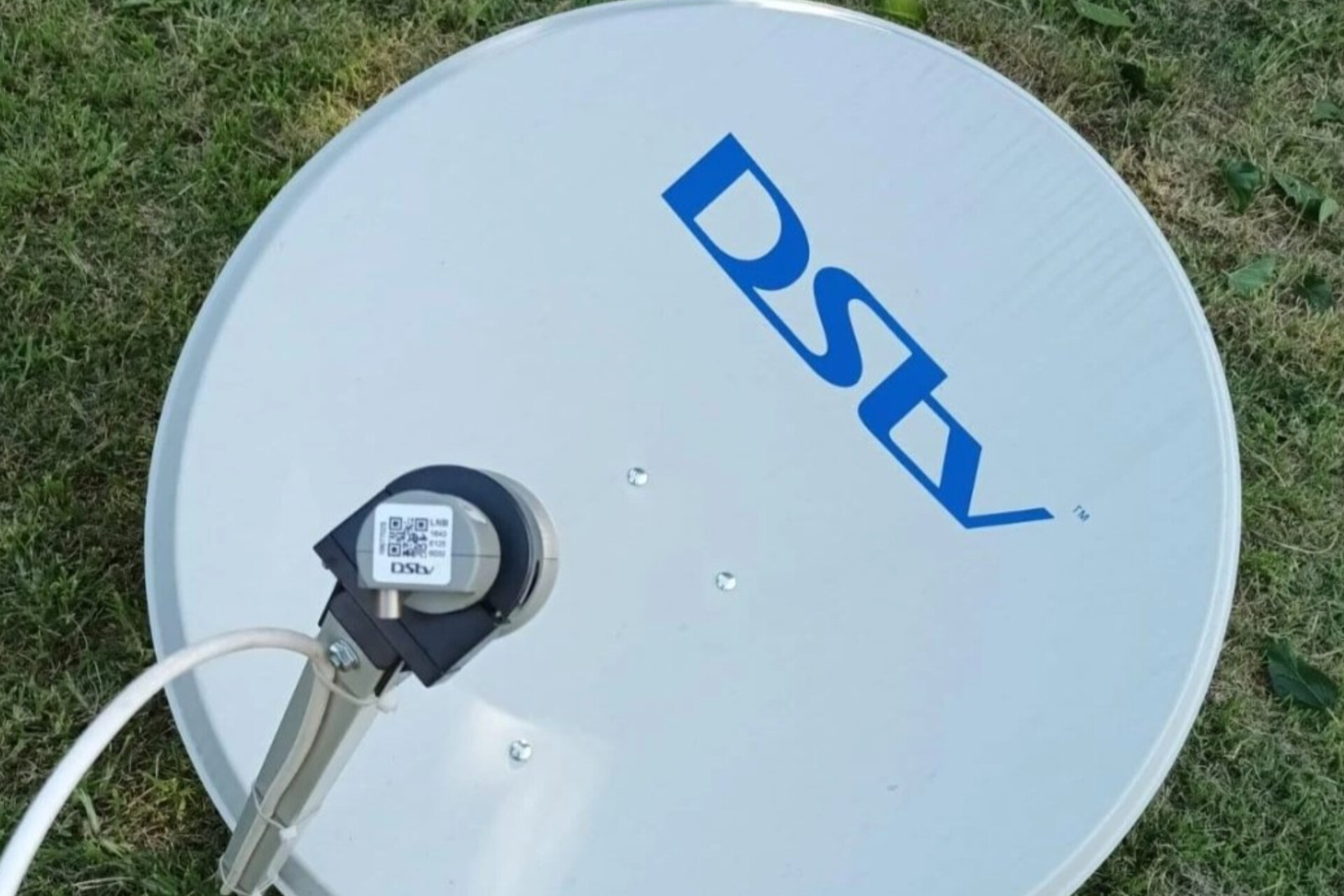South Africans and other Africans are dropping DStv and turning to more affordable streaming services.
MultiChoice, the company that owns DStv, has reported a big loss in customers, according to reports.
From March 2023 to March 2024, MultiChoice lost 9% of its active subscribers. The biggest drop came from other parts of Africa, where many people in the mass market stopped using DStv. The company says that hard economic times are to blame.
Many families are choosing to spend their money on basic needs instead of entertainment. In South Africa alone, DStv subscribers fell by 5%.
“The South African economy continues to endure severe economic pressure, with consumers under financial distress due to high inflation and interest rates,” MultiChoice said.
Another problem is load-shedding, or frequent power cuts. People do not want to pay for DStv if they cannot be sure they will have electricity to watch TV.
This led to fewer subscribers and less viewership, with active subscribers dropping to 7.6 million by the end of the year.
Premium and Compact Plus packages saw the biggest declines, with Compact Plus dropping by 9%. The mass market tier, usually a strong performer, also declined by 2%.
DStv has become a luxury many cannot afford. More people are switching to cheaper options like Netflix, YouTube, Showmax, and Disney+, thanks to better internet access and lower data costs.
This shift has hurt MultiChoice’s financial results. The company reported a R4.1 billion loss, making it technically insolvent. Group revenues fell by 5% to R56 billion, and trading profit dropped by 21% to R7.9 billion.
Total assets decreased while liabilities increased, leaving the company with negative equity of R1.068 billion.
Wayne McCurrie from FNB Wealth and Investments called these results “truly awful.” The only potential bright spot is an offer from Canal+ to buy the company at R125 per share, but this deal faces many hurdles, including approval from regulators.
If the deal does not happen, analysts expect MultiChoice’s share price to fall significantly.
Shane Watkins from All Weather Capital thinks it could drop below R60, while McCurrie believes it could go as low as R30 or R40. If not bought by Canal+ or if operations do not improve, MultiChoice might need to raise money through a rights issue.




